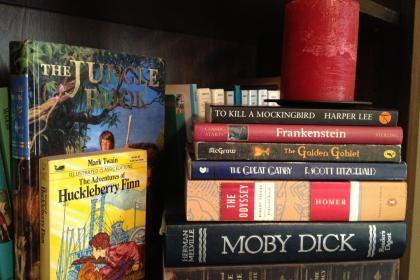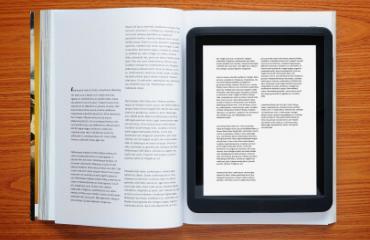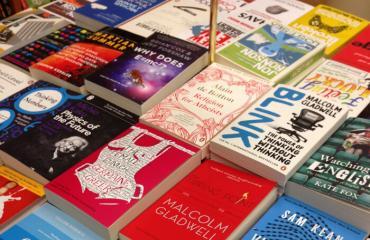
Children are not too young to appreciate insightful wisdom about the world, especially when it is packaged in an entertaining and engrossing book! Some of the most beloved children’s books have taught their readers life lessons through their engaging stories.
Lessons about friendship, adversity, individuality, differences, love, loss, and the importance of being optimistic and not giving up, are among the many life lessons illuminated by classic children’s literature. These classic books are never out of date.
Learning about Freedom and Rules
Madeleine L’Engle’s book, “A Wrinkle in Time,” is a fantasy adventure that teaches young readers about the importance of love. Meg Murry, the young heroine, must be brave to find her lost father. The insightful messages about freedom and rules in the book, first published in 1962, have not faded over time.
Respect the Environment
The message of “The Lorax” by Dr. Seuss is about respecting nature and the dangers of deforestation. The tale about Once-ler and the way he altered the landscape by removing trees is a cautionary tale about preserving the environment. Through this story, young readers are taught the importance of appreciating nature’s beauty.
Use Wit to Defeat Obstacles
In the story of “Matilda” by Roald Dahl., the child prodigy Matilda uses her wits to outsmart her foes and adversity. This book also encourages readers to appreciate books and reveals how they provided an escape mechanism for its protagonist.
Everyone Has Bad Days
First published in 1972, “Alexander and the Terrible, Horrible, No Good, Very Bad Day” by Judith Viorst was made into a movie released in 2014. The book is about one of those days when nothing goes right!
Love and Loss Are Part of Life
E.B. White’s “Charlotte’s Web” teaches children about love and loss through a story set on a farm about friendship between Charlotte the spider and Wilbur the pig and their animal friends. The importance of loyalty and friendship among different animals is a moving tale that every reader will remember.
Be Honest with Yourself
“Harriet the Spy” by Louise Fitzhugh is about the life and adventures of a precocious and intelligent 11-year-old who dresses like a boy and does not fit in with the clique. Her neighborhood adventures, interactions with classmates, and home life provide a vivid showcase that also lets readers know it is okay to be yourself, even when you do not conform, or feel like an outsider.
The Value of Optimism
Watty Piper’s “The Little Engine That Could” instructs readers about the value of optimism and determination.
Dr. Seuss, Roald Dahl, E.B White, and other authors of classic children’s literature have left behind stories that will resonate with children even today. The writers of these books understood the important role books play in development and used their creativity to enlighten children.



